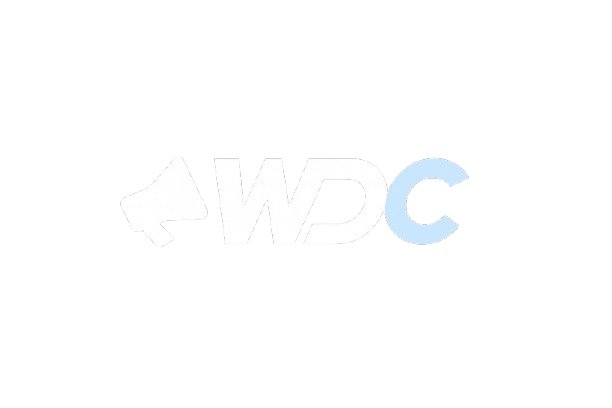Search Engine Optimization (SEO) is no longer just about keyword stuffing or backlink building—it has evolved into a sophisticated, user-centric approach to digital visibility. As we move deeper into 2025, Google’s algorithm continues to prioritize user intent, experience, and quality content. Whether you’re a small business owner, a digital marketer, or a blogger, crafting a modern SEO strategy is essential for sustainable online growth. Here’s how to build an effective SEO strategy in 2025.
1. Understand and Align with Search Intent
In 2025, successful SEO begins with understanding search intent—what users are really looking for when they type in a query. Keywords still matter, but understanding whether the intent is informational, navigational, commercial, or transactional is crucial.
Action Step: Use tools like Google Search Console, Semrush, or Ahrefs to analyze the top-performing pages for your target keywords and determine the type of content users expect.
2. Prioritize E-E-A-T Principles
Google’s emphasis on Experience, Expertise, Authoritativeness, and Trustworthiness (E-E-A-T) is more pronounced than ever. Content that showcases real-world experience, backed by expert insights and trustworthy sources, performs best.
Action Step: Ensure your website includes author bios, citations, clear sources, and demonstrates credibility in its niche.
3. Leverage AI and Automation
AI tools like ChatGPT, Jasper, and SurferSEO are reshaping how content is planned, optimized, and written. In 2025, smart automation helps with research, outlines, and performance tracking without compromising human creativity.
Action Step: Use AI to draft outlines, generate meta descriptions, or monitor SERP trends—but always review and edit for quality and originality.
4. Create People-First, Search-Friendly Content
Google’s Helpful Content Update prioritizes people-first content—meaning content that’s genuinely valuable to readers, not just written for search engines.
Action Step: Focus on solving user problems, answering real questions, and writing in a natural, engaging tone. Use structured formatting (headings, bullet points, FAQs) to improve readability.
5. Optimize for Voice and Visual Search
With the rise of smart assistants and visual platforms like Pinterest and Google Lens, voice and visual search optimization is essential.
Action Step: Use conversational language for voice search and descriptive, alt-tag-rich imagery for visual content. Structured data (schema markup) helps with both.
6. Mobile-First and Core Web Vitals Compliance
Google continues to prioritize mobile-first indexing and Core Web Vitals—metrics that assess page load speed, interactivity, and visual stability.
Action Step: Use tools like Google PageSpeed Insights and Lighthouse to ensure your site is fast, mobile-friendly, and easy to navigate.
7. Build Topic Clusters and Internal Linking Structures
Rather than focusing on single keywords, 2025 favors topic clusters—groups of related content linked together to establish subject authority.
Action Step: Create a pillar page on a broad topic, then link to detailed subpages (cluster content) using strategic internal links to boost SEO.
8. Harness the Power of Video and Short-Form Content
With platforms like YouTube Shorts and TikTok influencing search trends, integrating video and short-form content into your strategy can enhance engagement and reach.
Action Step: Repurpose blog content into short videos or infographics, embed them into your site, and optimize with video schema markup.
9. Focus on Local SEO and Personalization
For businesses targeting local markets, local SEO—including Google Business Profile optimization, local citations, and customer reviews—is critical.
Action Step: Keep your business information accurate, encourage customer reviews, and create location-specific content.
10. Track, Analyze, and Adapt Continuously
SEO is dynamic. What works today might not work tomorrow. Constant tracking and adaptation are essential for long-term success.
Action Step: Use Google Analytics 4 (GA4), Search Console, and SEO tools to monitor rankings, user behavior, and content performance regularly.
Final Thoughts
In 2025, an effective SEO strategy is holistic, human-centric, and tech-savvy. It’s about creating meaningful content experiences, backed by data and enhanced by smart tools. By staying current with trends and focusing on delivering real value to users, you’ll not only rank higher but also build lasting brand authority.

